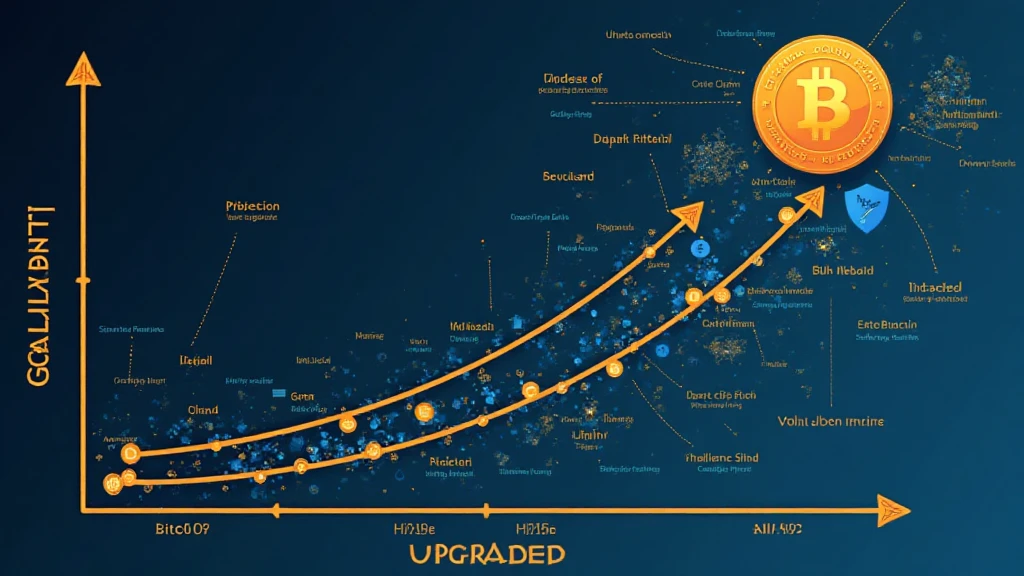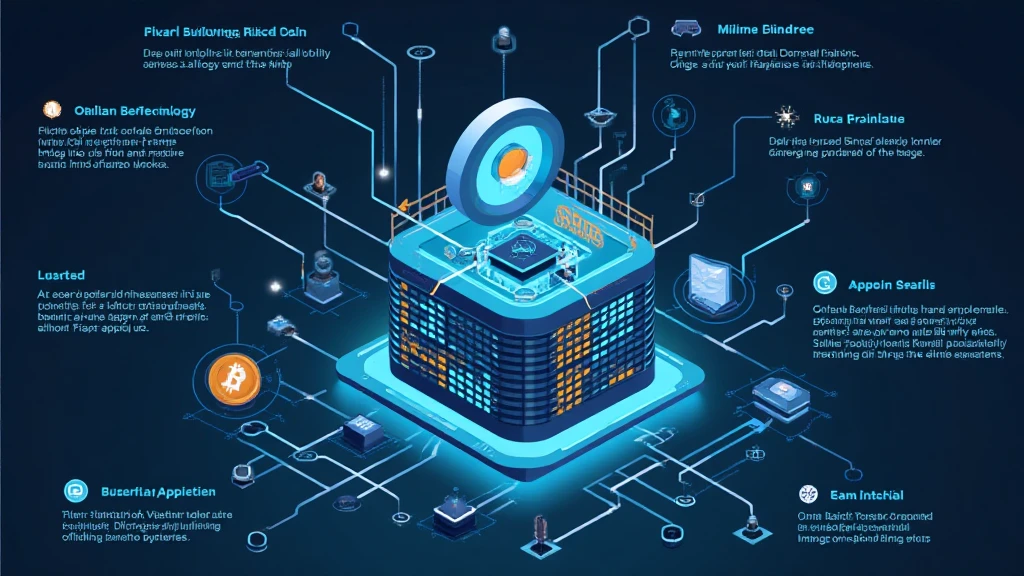Navigating the Bitcoin Network Upgrade Challenges
With nearly $4.1 billion lost to DeFi hacks in 2024, the Bitcoin network stands at a critical crossroad. As the leading cryptocurrency, it encounters unique upgrade challenges that can enhance its security and functionality. Understanding these challenges is pivotal for developers, investors, and users alike.
1. The Need for Network Upgrades
The Bitcoin network, like any evolving technology, faces pressures from user demands, technological advancements, and security vulnerabilities. Each upgrade aims to address these challenges while ensuring the network’s decentralization and integrity.
- Scalability Issues: As more users join the network, the transaction volume increases. An upgrade must allow for handling higher transaction loads without compromising speed.
- Security Concerns: With rising cyber threats, each upgrade needs to enhance the overall security of the network—making it resilient to attacks.
- User Experience: Simplifying the process for average users ensures broader adoption and usability of the Bitcoin network.
2. Historical Context of Bitcoin Upgrades
Historically, Bitcoin has undergone several crucial upgrades, each faced with skepticism and resistance from parts of the community. Notable upgrades include:

- Segregated Witness (SegWit): Implemented in 2017, SegWit aimed to improve scalability and reduce transaction costs.
- Taproot: In 2021, Taproot enhanced privacy and flexibility in smart contracts, sparking debates over its implications.
As we analyze these historical changes, we notice a pattern: upgrades are often accompanied by both excitement and apprehension. For instance, SegWit’s implementation met with community splits and debates, primarily concerning transaction fee markets.
3. Consensus Mechanism Vulnerabilities
Bitcoin utilizes a proof-of-work consensus mechanism, which, while robust, is not without its vulnerabilities. The challenges in this area include:
- 51% Attacks: If a single entity gains majority control, it can manipulate transactions and mine new blocks.
- Incentive Structures: Current economic incentives may not motivate miners to secure the network efficiently.
This brings us to consider alternative consensus mechanisms that could enhance security without compromising Bitcoin’s decentralization ethos.
4. The Balancing Act of Decentralization vs. Upgrade Speed
Upgrading the Bitcoin network presents a dichotomy: how do we balance necessary upgrades with the core principle of decentralization? Users often express concern that rapid upgrades could consolidate power in the hands of a few developers. For instance, the push for Faster Block Times has raised eyebrows amongst purists.
Imagine a bank vault, where too many decision-makers can lead to confusion. Striking a balance involves clear communication with community members and ensuring that upgrades consider all voices. This participatory approach builds trust and creates a robust upgrade framework.
5. Global Perspectives: Insights from the Vietnamese Market
According to recent reports, Vietnam’s cryptocurrency user growth is on the rise, with an increase of 10% in 2024 alone. As Bitcoin becomes more widespread in the region, understanding the unique market dynamics is essential. Key aspects include:
- Local Regulation: Vietnam’s stance on cryptocurrency development impacts how upgrades can be implemented.
- User Adoption: Local culture plays a significant role in the acceptance of digital currencies, influencing how quickly upgrades are embraced.
In this rapidly changing landscape, keeping Vietnamese users informed about Bitcoin network upgrades helps build trust and encourages adoption.
Conclusion
Merging the Bitcoin network upgrade challenges with an understanding of community needs and local market conditions is essential. The upgrades are not merely technical; they reflect the community’s vision for Bitcoin’s future. As developers and users navigate these waters, continual dialogue and education ensure a secure, efficient, and decentralized Bitcoin network.
This journey requires collaboration, thorough auditing processes, and a commitment to innovation. Understanding the Bitcoin network upgrade challenges will play a crucial role in shaping its destiny in the uncertain future.
For further insights into cryptocurrency and other blockchain technologies, visit allcryptomarketnews. Stay informed and be part of the evolution.






